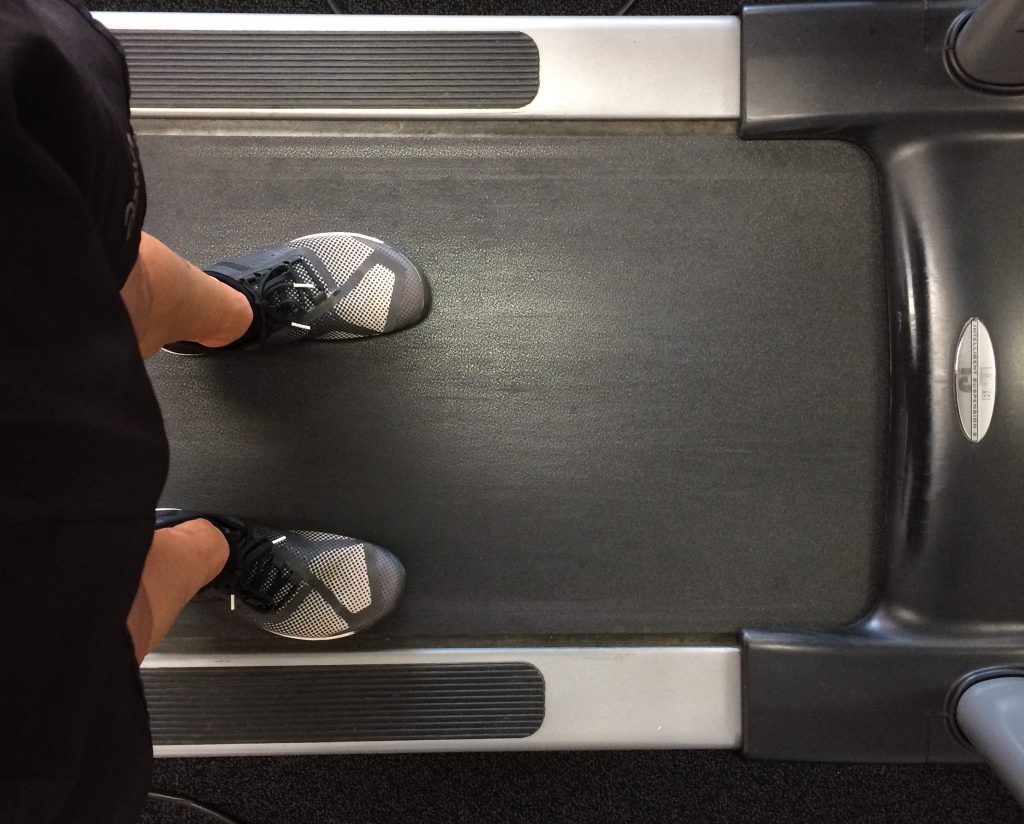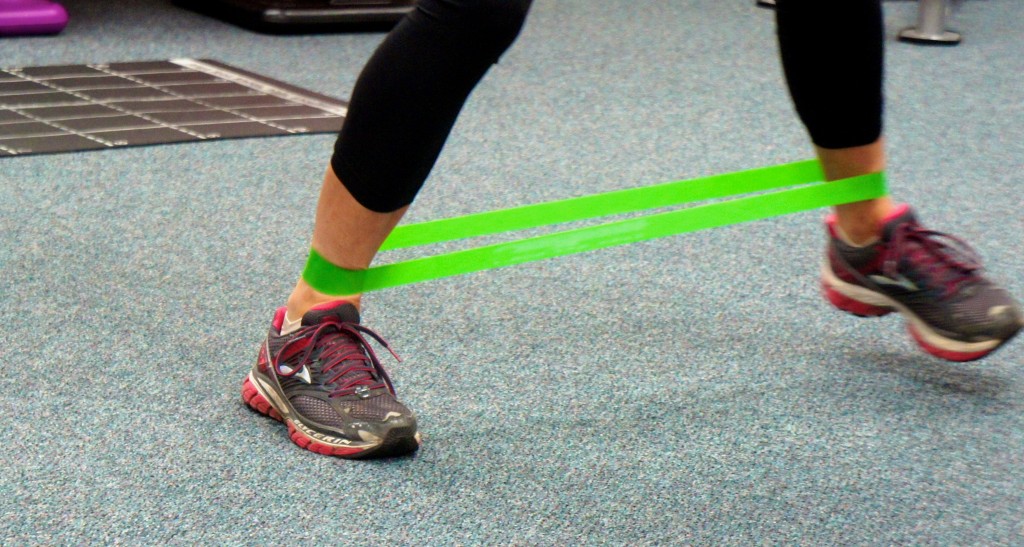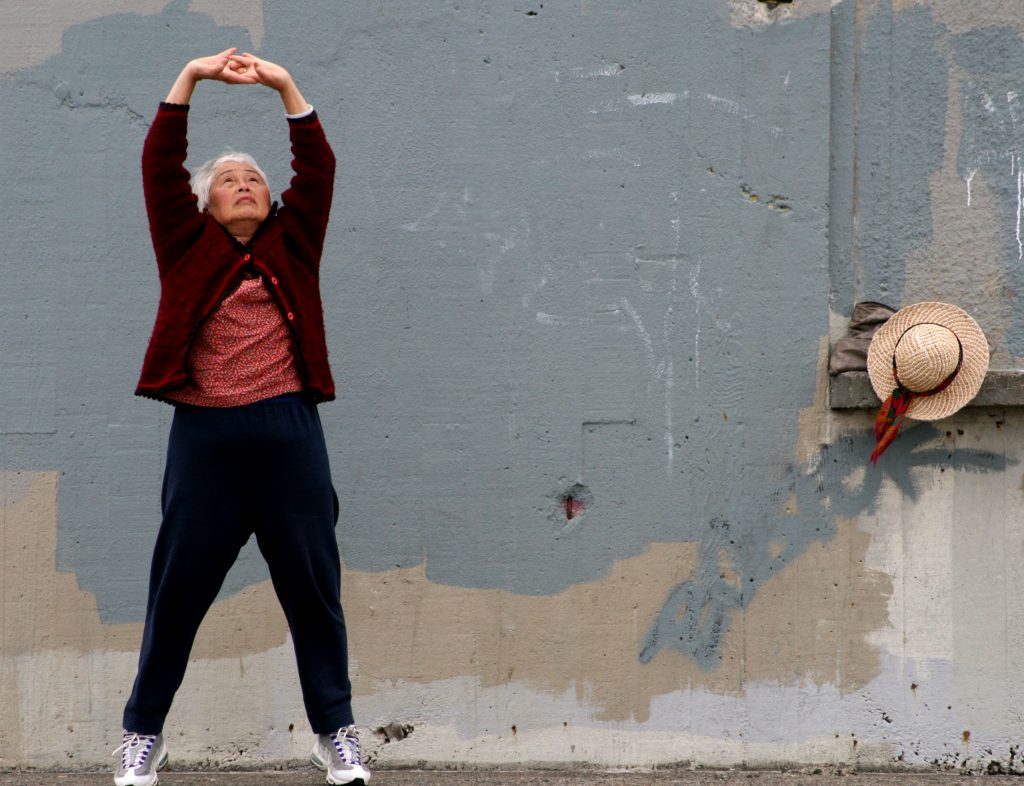
Attention Women: Six Reasons Why Weight Training Supports Your Health
Photo Credit: Mark Hussar, via Flickr Creative Commons
When we think of muscles, we think of Popeye, not twiggy Olive Oyl. But building and maintaining muscle mass is even more important for women. We all normally lose some muscle each year as we age. Because women begin life with less muscle and tend to live longer than men, they are more likely to become frail and suffer from physical disabilities over time.
You may feel too young to worry about falling, but it’s never too soon to build your strength
Aerobic exercise, yoga and dance help to increase strength, but they don’t challenge the muscles enough to fight this natural muscle loss.
You might think that women need a different approach to strength training, but in fact the same exercises work for both men and women, according to research at Maastricht University in the Netherlands, published in the July, 2013 issue of the Journals of Gerontology: Biological Sciences. Following a small group of 70-year olds, who trained over six months, the team found that a standard program did just as much good for both men and women.
You can build strength and improve your balance in as little as two 15-20 minute sessions a week, researchers at the University of Jyväskylä, in Finland reported on April 29, 2012 in the Scandinavian Journal of Medicine and Science in Sports.
There are six reasons to make strength-training part of your routine:
1. Strength Training Prevents Falls
Strength training can improve your balance, and therefore help you avoid slips and falls.
The Centers for Disease Control and Prevention (CDC) reports that one out-of-four older people fall each year, and one out-of-five of these falls causes a serious injury—including not just broken bones but head trauma.
A serious fall and its aftermath, which can include surgery and a stay in rehab, can often be a trigger for needing to move out of your home. Even if you’re not hurt, a tumble may discourage you from being active, setting off a bad cycle in which your muscles get weaker and therefore put you at risk for another fall.
You may feel too young to worry about falling, but it’s never too soon to rebuild or maintain your strength.
2. Builds Your Bones
If you do fall, strength training will build up your muscles so that it will be less likely that you break a bone. As we age, our bones become more likely to break. Working out with resistance bands, weights, or doing resistance exercises with your own body weight will make your bones more dense and therefore stronger. A study from a Norwegian team published in the October, 2013 issue of the Journal of Strength & Conditioning Research found that squats built bone mass in a group of post-menopausal women with deteriorating bones.
3. Improves Your Overall Health
Strength training can reduce the symptoms of arthritis, diabetes osteoporosis, back pain, and depression, according to the CDC. Leaner, more muscular bodies are healthier all around.
4. Supports Heart Health
The American Heart Association recommends strength training as therapy for patients who have had a heart attack or stroke. The Dutch study found that muscle building improved blood sugar and cholesterol numbers dramatically. It can also reduce your resting heart rate and work off stress and tension.
5. Makes Movement More Enjoyable
The stronger you are, the more fun and easier it is to move. As you grow stronger, you’ll find that you can hike or swim longer or faster, or participate in activities that once seemed out of reach. Running around after grandkids is easier when you feel confident about your balance and know your legs can handle a variety of movements and activity because you did squats the day before.
6. Builds Confidence
You won’t look like Popeye, but I bet strength-training will feel like a grand dose of spinach. It is one of the most foolproof efficient ways to build confidence. Stick with your program for at least four to six weeks and I predict you’ll be surprised by how much better and stronger you feel. You’ll look forward to the after-glow.
What kind of weight training activities do you enjoy and what benefits have you experienced?








